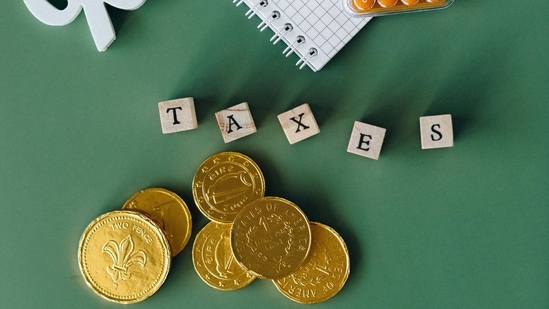July 31 was the final deadline for filing income tax returns (ITR), with over 7.28 crore income tax returns filed for the financial year 2023-24. This was an increase of 7.5%, compared to 7.77 crore returns filed during the year before, according to a finance ministry statement released on Friday, August 2, 2024.
What are the rules surrounding income tax refunds?
1) Who are eligible to get tax refunds and how?
A taxpayer is eligible for an income tax refund when the taxes paid exceed their tax liability, which includes taxes deducted at source (TDS), taxes collected at source (TCS), as well as advance tax and self-assessment tax paid by the taxpayer, according to a Mint report which quoted Balwant Jain, a Mumbai-based tax and investment expert.
The tax refund process begins only after the taxpayer has e-verified the return, and it takes 4-5 weeks for the amount to get credited to the taxpayer’s account.
2) How to claim income tax refund if you missed the July 31 ITR filing deadline
It is still possible to claim tax refunds for up to six assessment years even after missing the July 31 ITR deadline, circular no. 9/2015 says, according to the report.
Also Read: Google, Amazon, Walmart seek to join RBI’s digital currency project: Report
However, one must first apply for condonation of delay, which when approved, allows for filing ITR online for the past six years.
3) Why is your refund withheld and how do you claim it?
The income tax department can offset the refund against outstanding demands from previous years after notifying the taxpayer, according to the prevailing income tax laws.
Also Read: IndiGo flyers can avail 18% discount, new business class product announced: All you need to know
Grievances can be raised on the income tax website for any incorrect refund adjustments. While the income tax department can adjust refunds for past demands, taxpayers themselves cannot use the refunds from previous years to cover taxes owed for subsequent years, the report read.
